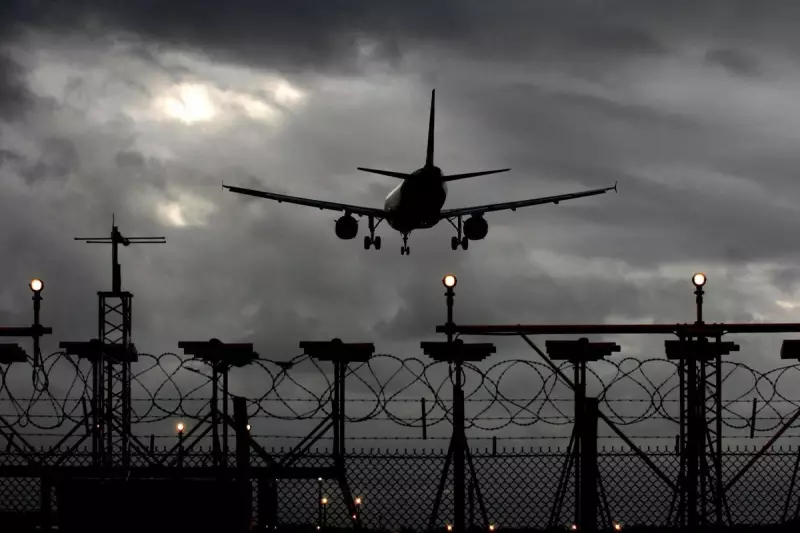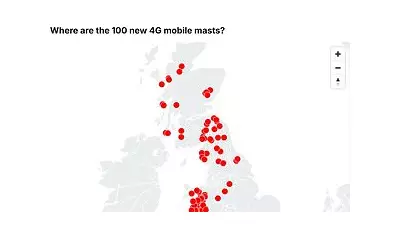
A significant cybersecurity incident has struck at the heart of Britain's busiest travel hub, after technical supplier Collins Aerospace was targeted by a sophisticated cyber attack, impacting systems at London's Heathrow Airport.
The breach, which occurred on Friday, 31st May, has triggered a major incident response, with experts working through the weekend to contain the damage and restore critical systems. The attack has affected a part of Collins Aerospace that provides essential software and technology services to the aviation industry.
Immediate Response and Investigation Launched
Upon discovery of the breach, Collins Aerospace immediately initiated its cybersecurity response protocol. A spokesperson confirmed the company is actively investigating the incident's "nature and scope" and has notified relevant customers and authorities.
Heathrow Airport swiftly moved to reassure passengers, stating, "Our priority is to ensure the smooth and safe running of the airport." They confirmed that while the incident is impacting a supplier, their own operational systems, including flight schedules, remain unaffected. Passengers have been advised to check with their airlines for the latest information before travelling.
Aviation Sector on High Alert
This attack sends ripples of concern across the entire UK aviation sector, highlighting the vulnerability of critical infrastructure to cyber threats. The targeting of a key supply chain partner demonstrates how an attack on a single vendor can have a cascading effect on national infrastructure.
Security experts are analysing the attack vector, with early suspicions pointing towards a potential ransomware operation. The National Cyber Security Centre (NCSC) is likely to be involved in supporting the investigation given the critical national importance of Heathrow Airport.
The full extent of the data compromise, if any, is still being determined. This event serves as a stark reminder of the persistent and evolving cyber threats facing essential services and the continuous need for robust defensive measures.





